
Comfort and Care
Comfort a child experiencing grief by showing them you care.
There are so many ways to show children that you care and that you are “there with them” through the grieving process.
Listen
Let kids know you’re truly listening. When a child is ready to talk, stop what you’re doing, sit down, and look at them. Listen to their words, and try to sense the feelings behind the words, too.
Hope
Have children trace around one hand. Within the outline of each finger, they can write about or draw something they are looking forward to (or you can write it for them). Start small: hearing the first “ribbit” of frogs in the spring, starting a new grade, learning to ride a bike.
Laugh
Start a laugh-a-day club. Let one child be responsible each day for telling a silly story, sharing a joke, or just making a funny face that everyone else can copy.
Talk
If children need help talking about feelings, use markers and paper plates to make some “feeling faces”: sad, mad, worried, happy. The faces can be good conversation starters (“When do you feel this way?”).
Connect
Help kids connect to the loved one they have lost. Encourage them to think of qualities they share with their deceased parent (“I have Dad’s smile,” “Mom was a great singer, like me”).
Cry
Let kids know it’s okay to cry and that grown-ups do, too (you might say something like “I’m thinking of Dad, and missing him makes me cry. But I’m still here for you”).

The Power of Following Children’s Lead
Joining children in their play offers so many opportunities to encourage, communicate, bond, spark and share joy, teach, show warmth and kindness, and help them thrive.
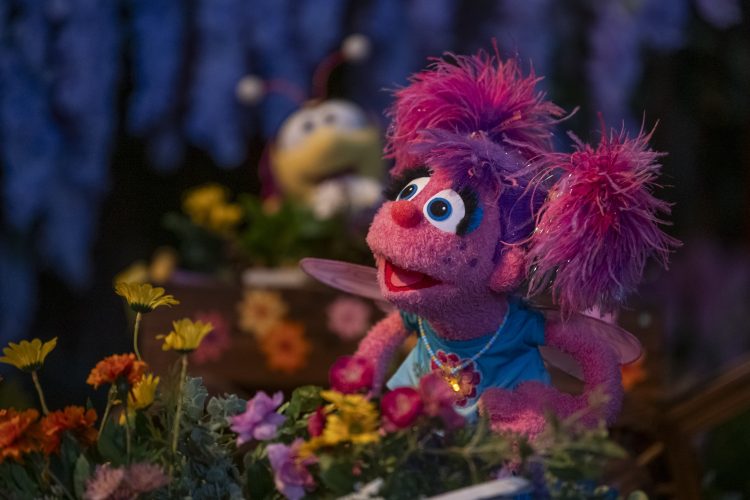
Watch and Play: Abby's Magical Beasties
Watch this episode and explore ways to extend the learning at home.
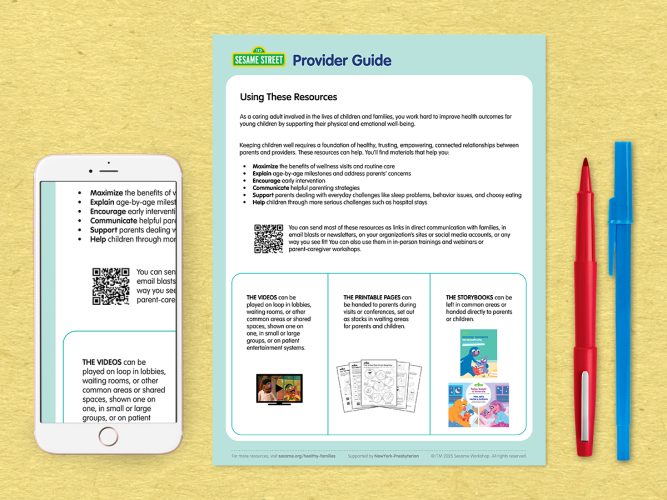
For Providers: Using These Resources
Print and refer to this page as you implement the materials in this initiative.
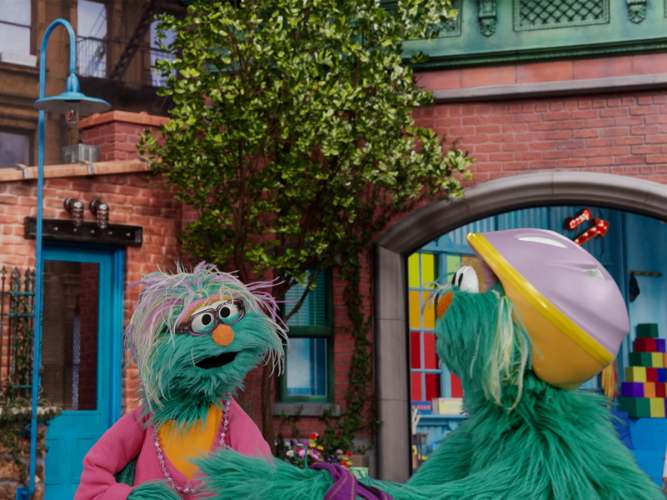
Parenting Moment: Describing
The way you talk with children matters! Your words have power.
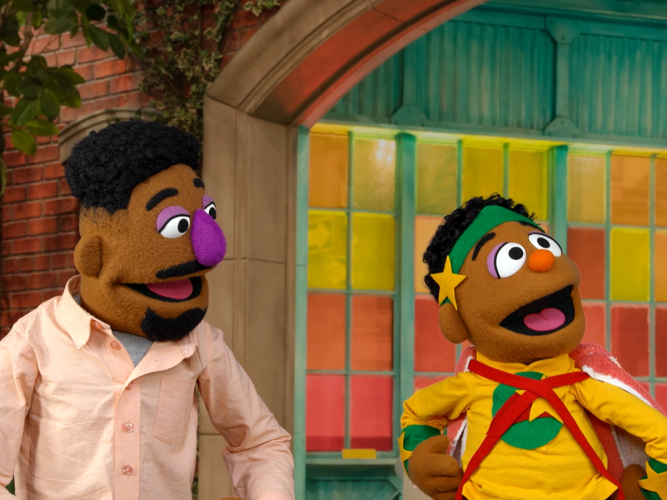
Parenting Moment: Imitating
Playing is learning! The way you play with children matters… your actions and words have power.
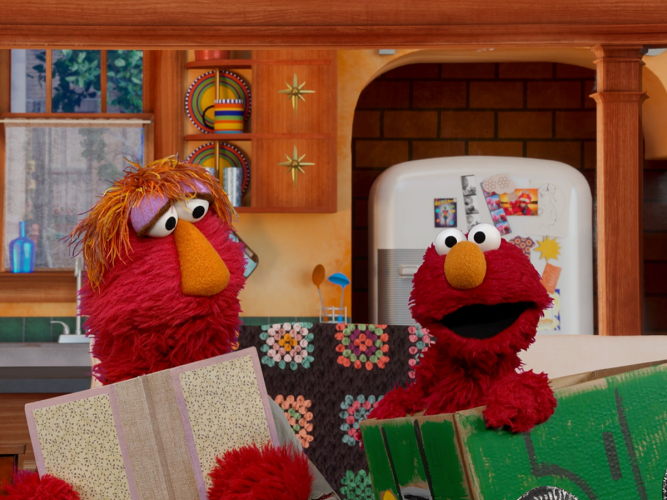
Parenting Moment: Reflecting
The way you talk with children matters… your words have power!
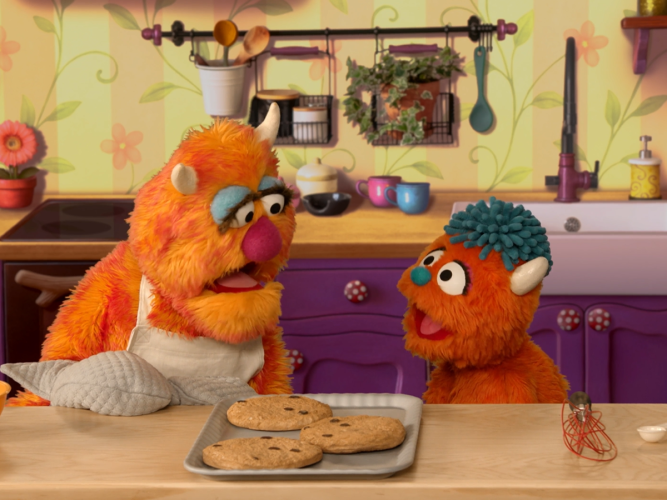
Parenting Moment: Enjoying!
Showing you enjoy your time together with your child builds your special bond. And when you’re being positive, your little one is more likely to do the same.
